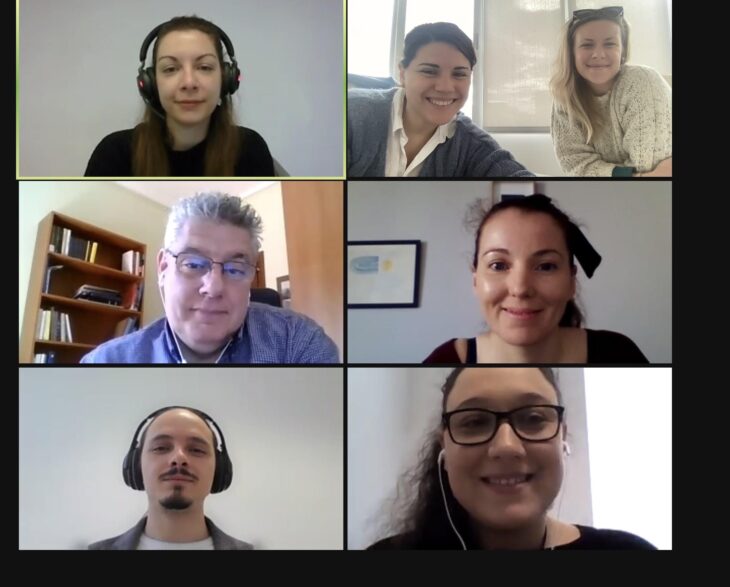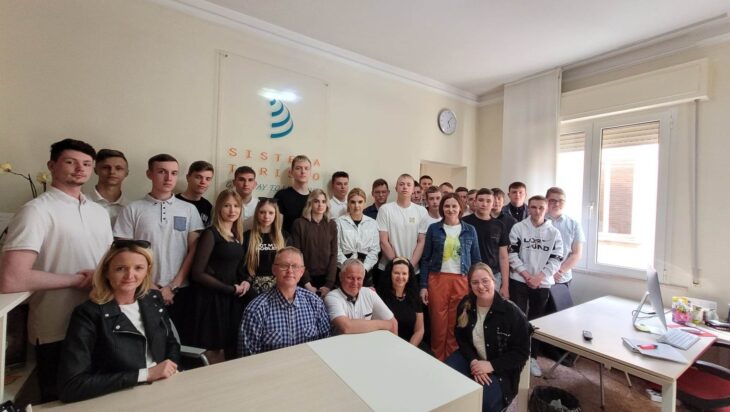During the project evaluation phase, one of the quality criteria examined with greater attention regards the realization and management of the dissemination and communication process, which represents one of the main phases of the realization of a transnational mobility project.
During the planning of the European project activities for the school, it is in fact necessary to plan a correct and effective dissemination strategy, useful for defining in detail the structure and content of the messages to be transmitted, identifying the target audience and the dissemination channels.
The dissemination process, consisting of the set of actions and strategies aimed at disseminating the results of a European mobility project, aims to encourage the transfer of results and their practical use by a wider audience, in order to maximize their the impact on all potentially interested parties.
In order for it to be an integral part of the project, the dissemination phase must be concretized during all the phases of realization of the mobility:
• first: the dissemination must begin at the time of the planning of the mobility action, for example by communicating to others, through the school blog, their intention to participate in the training initiative;
• during: during the implementation of the project it is appropriate to tell others how the activities are taking place, what are the positive aspects encountered and what emotions the experience is arousing in the participants;
• after: at the end of the mobility action, a long-range and long-lasting dissemination of the results must be carried out, through which to highlight the positive implications that the project had on all the subjects involved (students, teachers and schools of origin).
Here we give you 5 suggestions to achieve a correct dissemination strategy:
1. to disseminate information about the project, defining both its general characteristics and specific activities, in order to highlight the added value and innovative nature of the project;
2. to convey and share the founding values of the European Union;
3. to expand its network of contacts in order to develop new partnerships;
4. to increase awareness of the opportunities offered by the European Union;
5. to bring out the added value and skills acquired by the participants of a mobility project in order to promote their employment and insertion in the world of work.
Involving your students can certainly give added value to the realization of the dissemination and communication strategy. Students, in fact, expert connoisseurs of new technologies, can facilitate the process by using storytelling techniques, then tell stories by thrilling, through websites, blogs and social media.
What better way to create an active and participatory school?



















